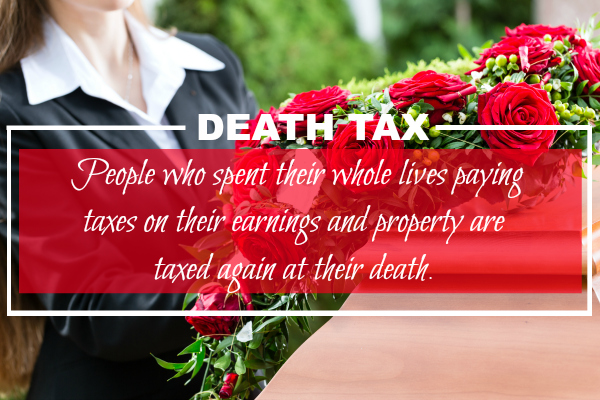Earlier this month the House of Representatives voted to repeal the federal tax on estates. Republicans argue that this “death tax” should be repealed because of the negative impact it has on family farms and small businesses. Democrats call a repeal of the estate tax a giveaway to the rich.
In the midst of this debate comes a book that devotes a few pages to this issue. John Tamny has written the book, Popular Economics: What the Rolling Stones, Downton Abbey, and LeBron James Can Teach You About Economics. For a moment, I want to focus on the subtitle of the book.
The British television program Downton Abbey illustrates the negative impact of the death tax on a family. When the series opens, Downton is in good financial shape but there is also the persistent concern about how to keep Downton Abbey financially secure so that it can remain within the Crawley family. When Matthew Crawley dies, the estate must pay the British death duties. This generates all sorts of plots and subplots about how the Crawleys can pay the taxes without selling off some of the farmland on which the livelihood of so many families depends.
The television program, Downton Abbey, put a human face on what happens when the taxman shows up. Families have to pay the undertaker and the taxman on the same day. People who spent their whole lives paying taxes on their earnings and property are taxed again at their death. Rather, their children are taxed and often must sell off the land and property. Not only would they suffer but the “simple farming families of Downton would suffer the blow aimed at the wealthy Crawleys.”
Of course, the television program Downton Abbey is fictional. But the reality of the estate tax is reality. The heirs of a family farm sit on valuable land, but it doesn’t generate enough money to pay the estate taxes unless the heirs sell some or all of the land. That’s why members of Congress are promoting the idea of no taxation without respiration.
 Listen Online
Listen Online Watch Online
Watch Online Find a Station in Your Area
Find a Station in Your Area












 Listen Now
Listen Now Watch Online
Watch Online
